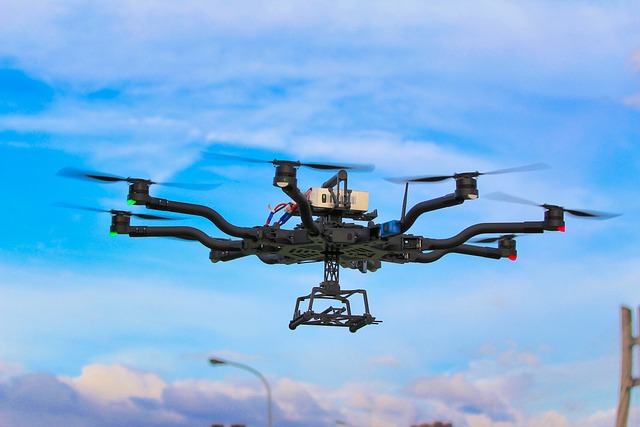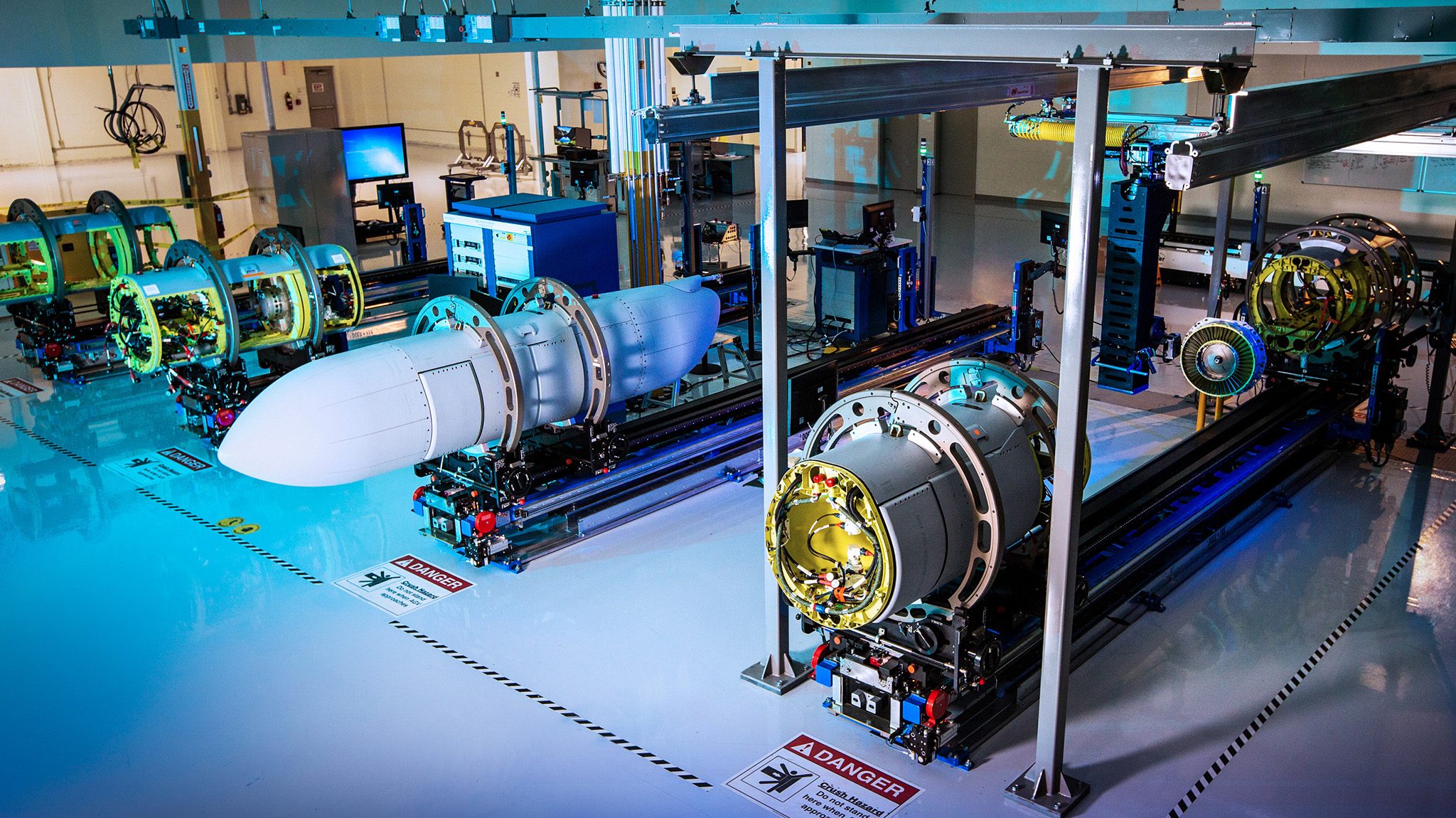
A littoral combat vessel (LCS), is a stealthy, fast and agile naval platform that can be used in close-shore environments. It is designed to defeat asymmetric enemies such as submarines, mines, and fast surface crafts to establish and maintain maritime supremacy in the littoral area.
The LCS was built to replace the Oliver Hazard Perry-class guided ballistic missile frigates that were retired by the US Navy in 2008. Its mission is largely focused on Anti-Surface Warfare, but it can also be outfitted with modular Mission Packages to perform other missions such as Sea Control and Power Projection.
There are currently two variants of the LCS, the Freedom class and Independence class. The Freedom class is built around a steel monohull, while the Independence is built around a trimaran.
Despite being a relatively recent platform, the LCS has been plagued by serious reliability and cost issues ever since its inception. These problems have been widely reported in the media.

GAO released a report recently stating that LCS has experienced poor workmanship, cost overruns and structural problems which have led to many ships being prematurely retired.
LCS is at risk of becoming a non-sustainable weapon system. It is estimated that the program will cost more than $60 billion to maintain and operate for the life of the ships.
While the Navy has attempted to address a few of the issues with the vessels, they have not been able to fix them all at once. This is a major issue for the Navy, as it will not be able to afford to maintain and upgrade the ships without a corresponding increase in funding.
The GAO has cited the need for the USN to spend more money on repairing and maintaining the ships to keep them in service. This would allow them the ability to continue fulfilling their missions as they have been designed.
The taxpayer will likely be burdened by the high costs of these repairs. This is due to the fact that the Navy has to pay the contractors for the services they provide.

The Navy's ability and willingness to maintain the vessels in good order for a long period of time raises concerns. This is due to a lack in maintenance experience and the complexity and difficulty of managing electronic systems.
Lastly, the LCS has been found to be vulnerable to corrosion and sacrificial anodes. Many of the hulls have cracked and been damaged which has affected their ability to operate in high speed patrols and in rough waters.
The Navy has had enough of the LCS's failures and has taken measures to fix them. These include updating the ship’s design and fixing the problems with the LCS cost overruns. The Navy also promised to continue working on the ship's development to improve its performance.